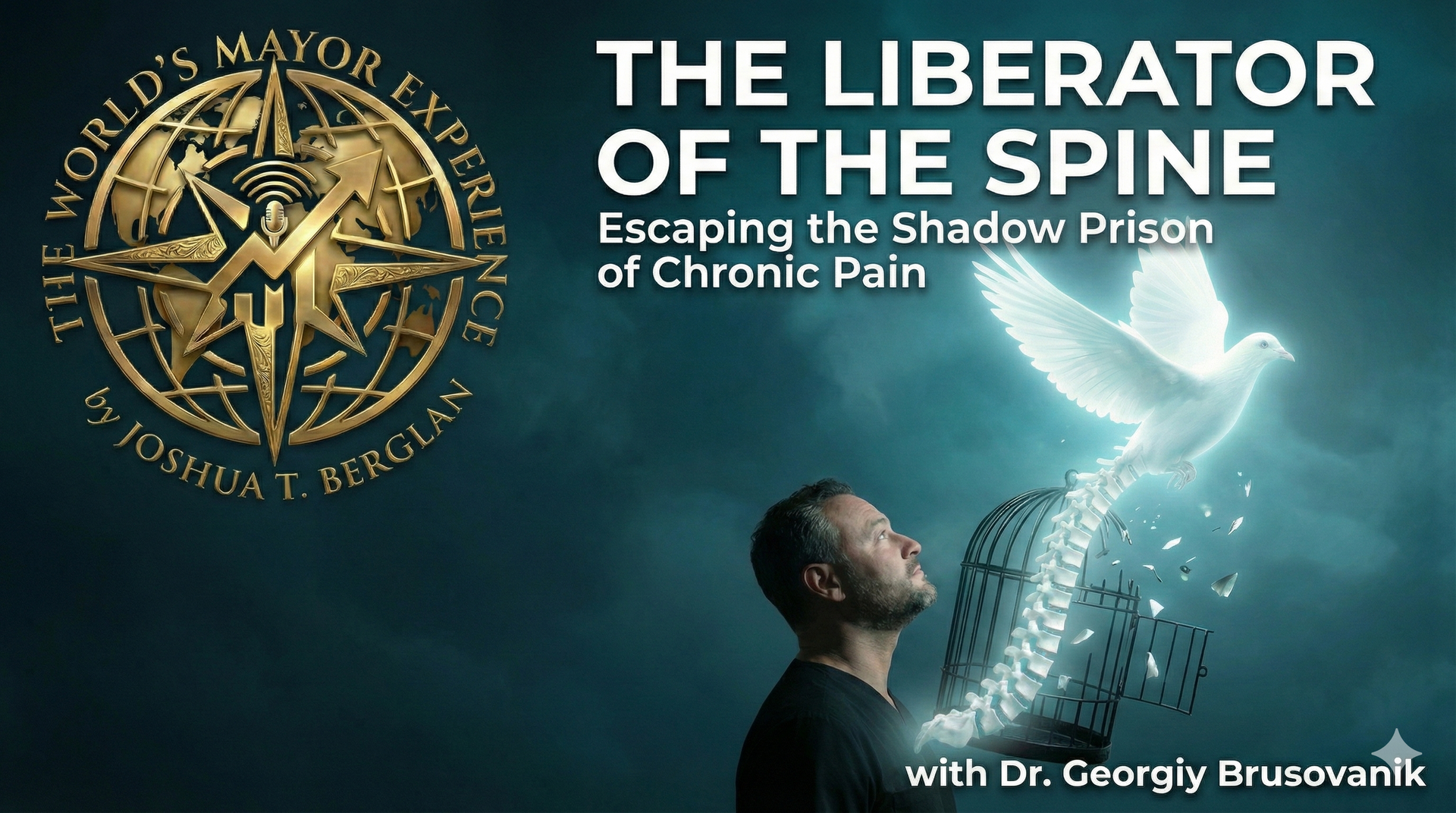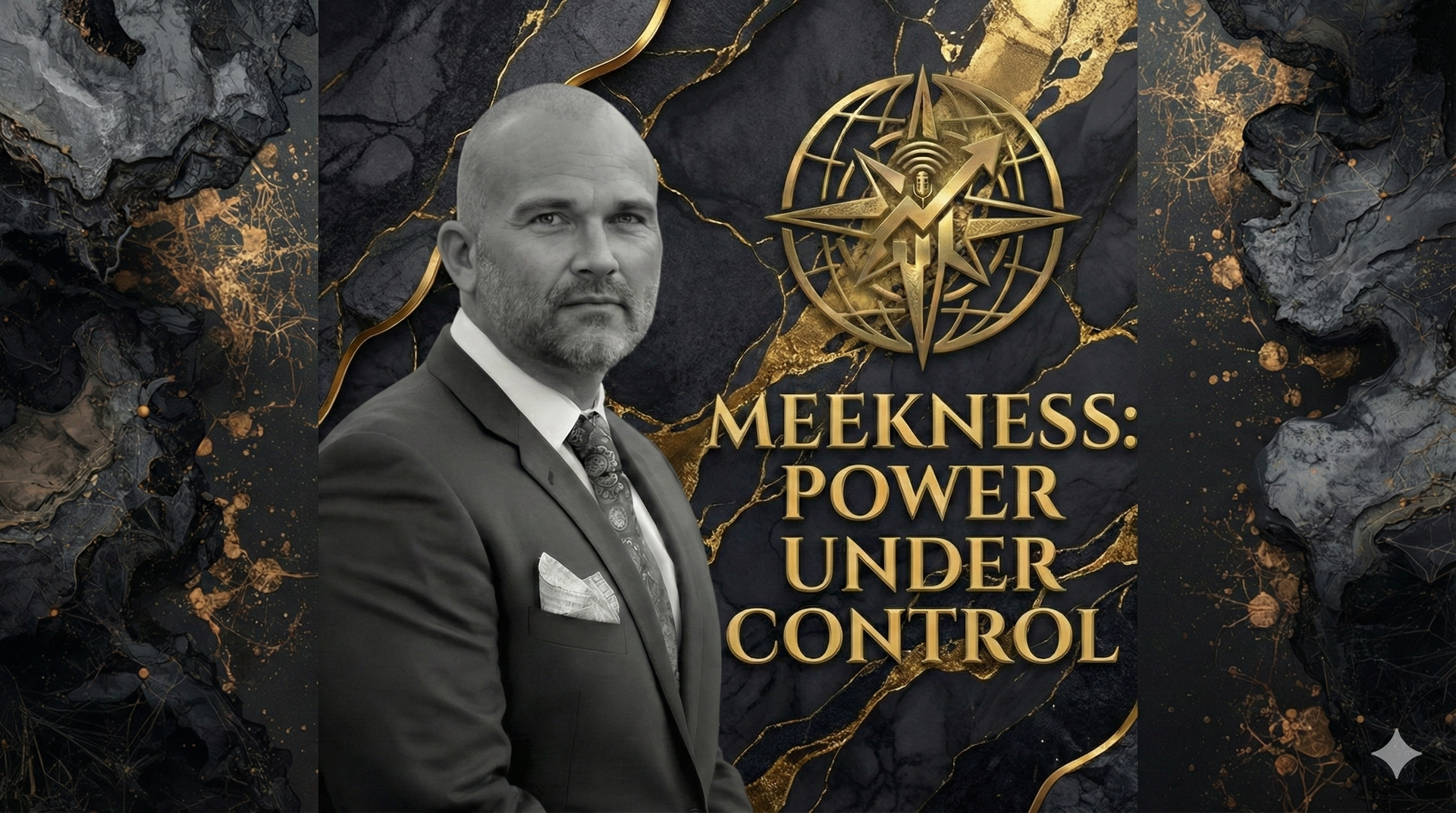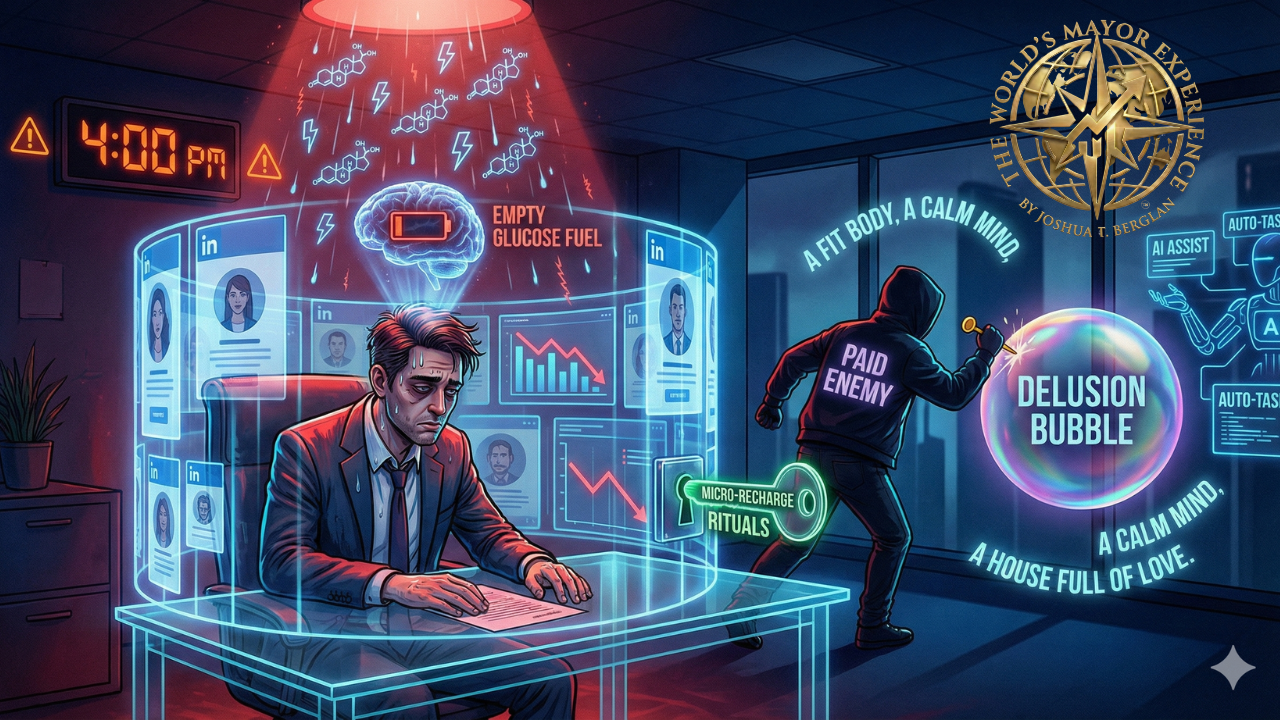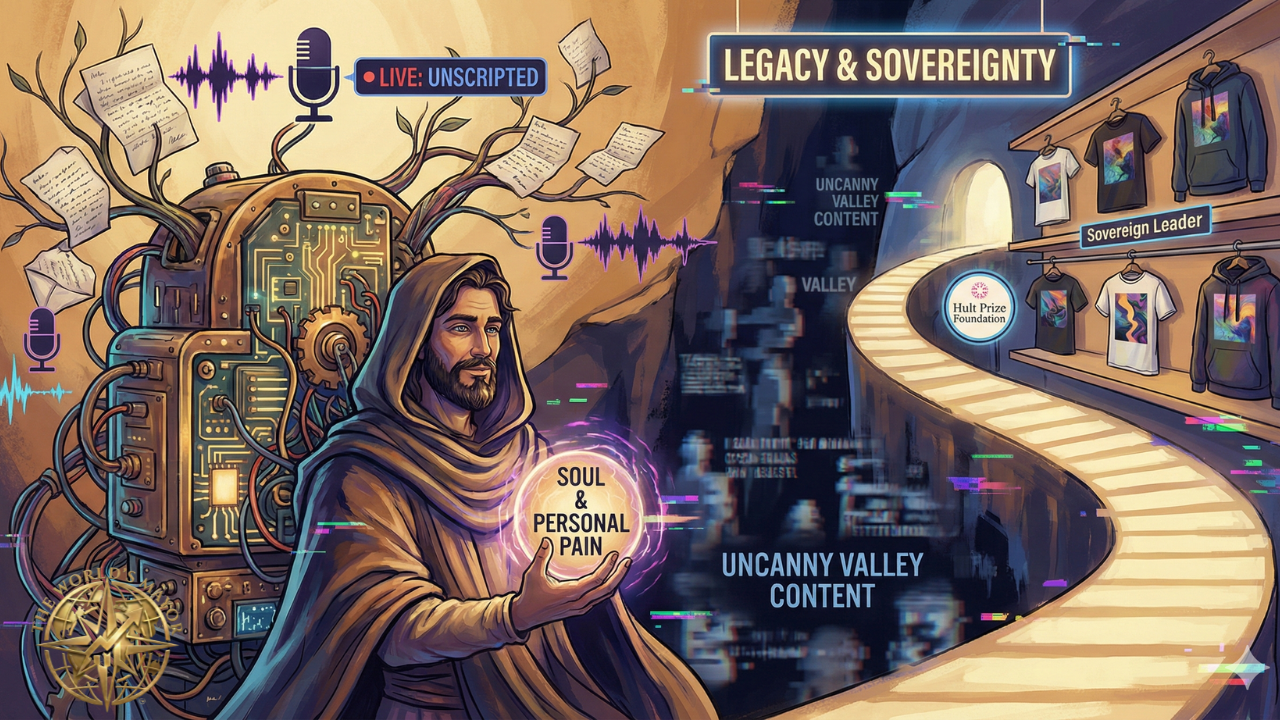The Imposter's Playbook: 5 Strategies to Own Your Genius
You’ve just finished a project. You poured your heart, your soul, and countless hours into it. The feedback is positive, the client is happy, a new opportunity has even appeared on the horizon. For a fleeting moment, you feel a sense of pride. And then, a familiar, sinking feeling creeps in.
A voice whispers, “It was just luck.” “They’re just being nice.” “When are they going to figure out you have no idea what you’re doing?”
This is the voice of imposter syndrome—the persistent, internal fear of being exposed as a fraud, despite all evidence to the contrary. For creatives, artists, and entrepreneurs, this feeling can be paralyzing. The very act of sharing our work is an act of profound vulnerability, making us uniquely susceptible to feelings of inadequacy and self-doubt.[1]
But here is the truth: these feelings are not a reflection of your reality.[2] They are a barrier to your legacy. To build an empire of impact, you must first master the architecture of your own mind. As a legacy architect
, I can tell you that the most important work begins from within. This is the playbook to help you silence that inner critic and finally own your genius.
Strategy 1: Acknowledge and Reframe Your Inner Dialogue
Imposter syndrome thrives in the dark. Its power comes from the belief that you are the only one who feels this way. The first and most crucial step is to bring the feeling into the light. Acknowledge the negative thoughts without judgment. Simply recognizing, "I am feeling like an imposter right now," separates the feeling from the fact.[1]
Once you’ve acknowledged the thought, you can reframe it. Your brain is telling you a story of inadequacy; your job is to counter it with a more powerful, truthful one. Actively challenge the negative self-talk with evidence.[3]
- When the voice says, “You were just lucky,” you counter with, “I worked hard for this opportunity, and my skills created this outcome.”
- When it says, “You’re not a real artist,” you reply, “My unique perspective is valuable, and I am on my own creative journey.”[4]
This isn’t about false positivity; it’s about a conscious shift from a mindset of fear to one based on fact.
Strategy 2: Build Your "Brag Box"
Feelings of fraudulence are rarely rational. That’s why you need tangible, undeniable proof of your competence. Create a "brag box"—a physical or digital folder where you collect every single win, big or small.[2]
This folder should include:
- Positive emails from clients or customers.
- Screenshots of complimentary comments on social media.
- Awards, recognitions, or milestones you’ve achieved.
- Notes about projects you are particularly proud of.
When self-doubt begins to creep in, open the box. It serves as a powerful, physical reminder of your accomplishments and the value you bring to the world. It’s your personal archive of evidence against the imposter’s claims.
Strategy 3: Celebrate Your Unique Voice
Comparison is the fuel of imposter syndrome. It’s easy to look at another person’s journey and feel like you’re falling behind. But your path is not their path. Your story is not their story.
Embrace the fact that no one else on this planet has lived your life, seen the world through your eyes, or possesses your unique combination of talents and experiences.[1, 4] Your individuality is not a weakness; it is your greatest strength. Instead of comparing yourself to others, focus on expressing your authentic self. Your art, your business, your legacy—it all stems from the one thing no one can ever replicate: you. Sharing that voice, whether on social media or through dedicated platforms like a broadcast hub
, is how you claim your space.
Strategy 4: Find Your Tribe
Imposter syndrome thrives in isolation.[3] When you keep your fears to yourself, they grow larger and more menacing. The antidote is community. Find a trusted circle of fellow artists, mentors, or peers who understand the creative journey.[4]
Sharing your vulnerabilities with people who get it can be transformative. Not only will you likely hear a chorus of "me too," but you will also gain invaluable perspective and reassurance.[1] This community becomes a support system that can reflect your own strengths back to you when you are unable to see them for yourself.
Strategy 5: Practice Radical Self-Compassion
Imagine your best friend came to you with the same fears you’re experiencing. Would you tell them they were a fraud? Or would you remind them of their talent, their hard work, and their worth?
Treat yourself with the same kindness and understanding you would offer to a friend.[2] Acknowledge that making mistakes is a normal and necessary part of growth.[4] Forgive yourself for not being perfect. Self-compassion is not an indulgence; it is a critical tool for building the resilience required to pursue a bold, creative life.
Your Genius is Not Up for Debate
Imposter syndrome may knock on your door from time to time, but you do not have to let it in. It does not define you or your capabilities.
You are talented. You are worthy. You are capable of building a legacy that matters. By embracing these strategies, you are not just managing a feeling; you are actively architecting a mindset of confidence, resilience, and self-belief. You are choosing to believe in your own story.
Now, go out and build your empire.




























